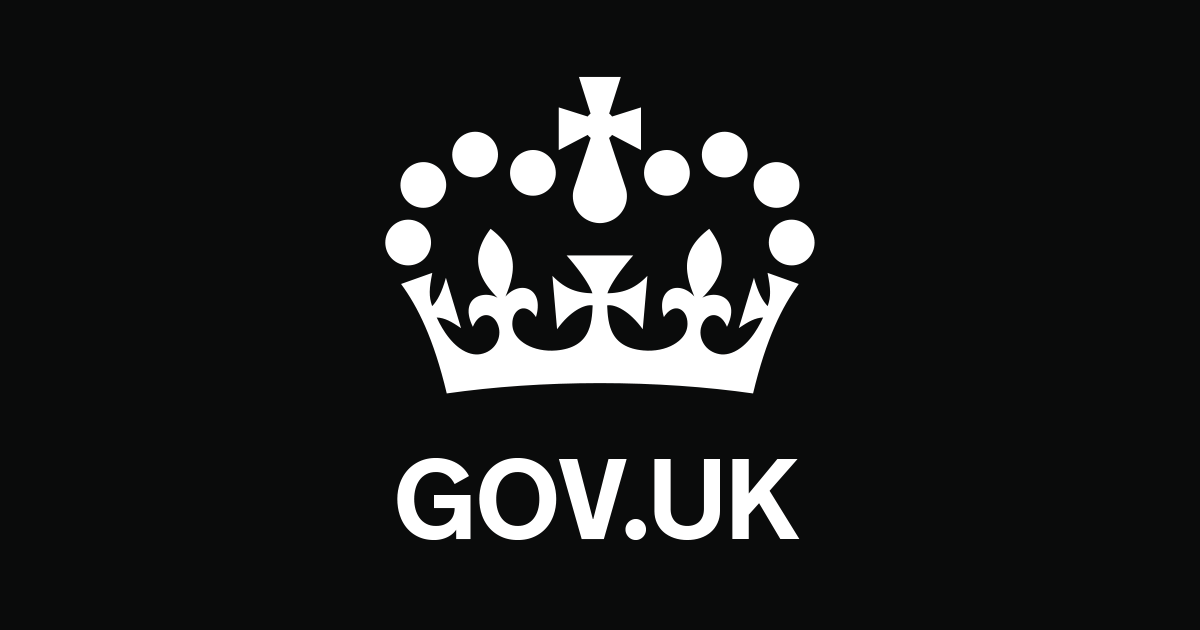
If you are arriving in the UK from Bahrain on or after 4am on 18 January you will need to self-isolate on your arrival, unless you have a valid exemption. Check the latest guidance for England, Northern Ireland, Scotland and Wales
Travel to Bahrain is subject to entry restrictions
- Entry to Bahrain is open to UK nationals and visas on arrival have been reintroduced for 68 nationalities including the UK. If you are eligible for entry, you will be required to undergo and pay for the enhanced arrivals testing procedure for COVID-19 and need to self-quarantine until test results have been received. Any person staying in Bahrain for 10 days or more must repeat the testing procedure on the 10th day following their arrival in the Kingdom. If you are arriving from Saudi Arabia via the King Fahd Causeway you will need to provide a negative PCR result from up to 72 hours before arrival.
- Transit and transfer passengers are permitted to use Bahrain International Airport without testing. You should check Bahrain’s visa portal for the most up to date information.
See Entry requirements for more information before you plan to travel.
Preparing for your return journey to the UK
If you’re returning to the UK from overseas, you will need to:
Check our advice on foreign travel during the coronavirus (COVID-19) pandemic and sign up for email alerts for this travel advice.
If you’re planning travel to Bahrain, find out what you need to know about coronavirus there in the Coronavirus section.
During the COVID-19 pandemic, it is more important than ever to get travel insurance and check it provides sufficient cover. See the FCDO’s guidance on foreign travel insurance.
Around 6,000 to 8,000 British nationals live in Bahrain, and thousands more visit each year. Most visits are trouble free.
Following the attack on the coalition base at Taji in Iraq on 11 March, and subsequent US airstrikes, tensions may be raised across the region. There is a possibility of an increased threat against Western interests, including against UK citizens. You should remain vigilant and keep up to date with the latest developments, including via the media and this travel advice.
You should be alert to local and regional developments. Localised protests can take place regularly and generally there is a visible security presence. You should be vigilant, follow the advice of the local authorities, and avoid large crowds and demonstrations. If you encounter civil disturbance, leave the area immediately. Travel around Bahrain may be affected at such times. See Demonstrations
By law, all residents and visitors must carry photographic ID. See Local laws and customs
The Bahrain authorities announced the suspension of diplomatic relations with Qatar in June 2017. All air and sea points of entry between Bahrain and Qatar are currently closed. If you have a query relating to your travel plans you should contact your airline or tour operator. There are further restrictions on travel and residence affecting Bahrain and Qatar nationals. For more information see this Bahrain government announcement
In June 2017, the Bahraini authorities announced that showing sympathy for Qatar on social media or by any other means of communication is an offence. If you commit any such offence you could be imprisoned and subject to a substantial fine.
The government of Bahrain has imposed a curfew on the waterways around Bahrain between 6pm and 4am. You should respect the curfew. See Sea travel
Terrorists are likely to try to carry out attacks in Bahrain. See Terrorism
You must have legal status in Bahrain when you depart. See Exit requirements
You can contact the emergency services by calling 999. If you think you have COVID-19 symptoms, you should call the local hotline of 444 and follow the authorities’ advice.
If you’re abroad and you need emergency help from the UK government, contact the nearest British embassy, consulate or high commission. All telephone numbers are available 24/7.
The Overseas Business Risk service offers information and advice for British companies operating overseas on how to manage political, economic, and business security-related risks.